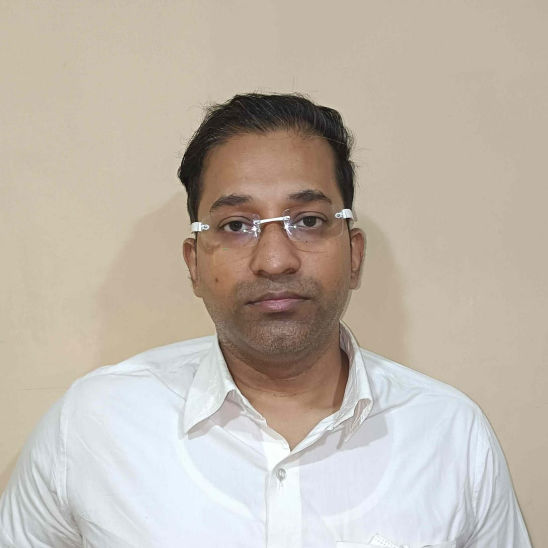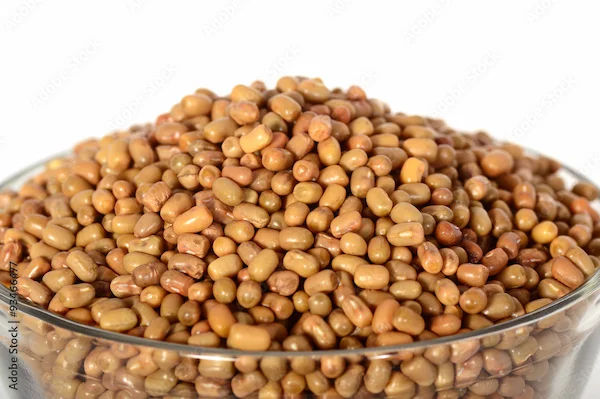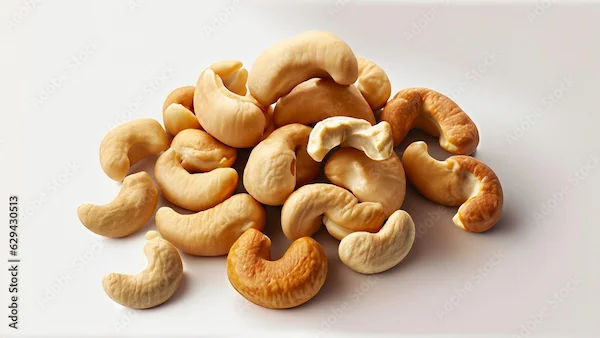Prevention Strategies for Diarrhoea
Learn effective prevention strategies for diarrhoea—from hand hygiene to safe food practices and vaccinations. Stay healthy with these expert-backed tips.

Written by Dr. Shaik Abdul Kalam
Reviewed by Dr. Vasanthasree Nair MBBS
Last updated on 20th Aug, 2025

Introduction
Diarrhoea is a common health issue that affects people of all ages. While it is usually short-lived, frequent or severe diarrhoea can lead to dehydration and other complications. The good news is that many cases of diarrhoea can be prevented with simple, everyday habits.
In this article, we’ll discuss practical prevention strategies to help you and your family stay safe and healthy.
Understanding Diarrhoea
Diarrhoea is characterised by loose, watery stools occurring three or more times a day. It can be caused by:
Infections (bacteria, viruses, or parasites)
Food intolerances (like lactose intolerance)
Contaminated food or water
Certain medications (such as antibiotics)
Digestive disorders (like irritable bowel syndrome)
While mild diarrhoea often resolves on its own, severe cases may require medical attention. Prevention is always better than a cure!
Key Prevention Strategies
1. Maintain Proper Hand Hygiene
Washing hands frequently is one of the most effective ways to prevent diarrhoea. Germs from contaminated surfaces can easily enter your body when you touch your face or eat without washing your hands.
How to wash hands properly?
Use soap and clean water.
Scrub for at least 20 seconds (sing "Happy Birthday" twice!).
Wash before eating, after using the toilet, and after touching pets or garbage.
If soap and water aren’t available, use an alcohol-based hand sanitiser.
2. Drink Safe Water
Contaminated water is a major cause of diarrhoea. Ensure that the water you drink is clean and safe.
Tips for safe drinking water:
Boil water before drinking if you’re unsure of its purity.
Use water filters or purifiers.
Avoid ice in drinks when travelling to places with questionable water quality.
3. Eat Safe and Clean Food
Foodborne infections are a leading cause of diarrhoea. Follow these food safety practices:
Wash fruits and vegetables thoroughly before eating.
Cook meat, poultry, and seafood properly to kill harmful bacteria.
Avoid raw or undercooked foods, especially when travelling.
Store food properly—keep perishables refrigerated and avoid leaving cooked food out for too long.
Consult Top Specialists for Personalised Tips
4. Get Vaccinated
Some types of diarrhoea (like rotavirus in children) can be prevented with vaccines.
The rotavirus vaccine is recommended for infants.
The cholera vaccine may be advised for travellers to high-risk areas.
Consult your doctor about necessary vaccinations for you and your family.
5. Practice Good Toilet Hygiene
Poor sanitation can spread diarrhoea-causing germs.
Always use clean toilets.
Flush properly and wash your hands afterwards.
If using public restrooms, avoid direct contact with surfaces (use tissue paper).
6. Be Cautious While Travelling
Traveller’s diarrhoea is common when visiting new places with different food and water standards.
Prevention tips while travelling:
Drink bottled or boiled water.
Avoid street food if hygiene is questionable.
Eat only well-cooked, hot meals.
Carry oral rehydration salts (ORS) in case of mild diarrhoea.
7. Strengthen Your Gut Health
A healthy digestive system can fight off infections better.
Eat probiotic-rich foods like yoghurt, kefir, and fermented foods to support good gut bacteria.
Stay hydrated to maintain digestion and prevent dehydration.
Avoid excessive antibiotics unless prescribed, as they can disrupt gut bacteria.
8. Manage Stress and Get Enough Sleep
Stress and lack of sleep weaken your immune system, making you more prone to infections.
Practice relaxation techniques like deep breathing or meditation.
Aim for 7-8 hours of sleep daily.
What to Do If You Get Diarrhoea?
Despite precautions, if you develop diarrhoea:
Stay hydrated – Drink plenty of fluids (water, ORS, coconut water).
Eat light foods – Bananas, rice, applesauce, and toast (BRAT diet) can help.
Avoid dairy, caffeine, and fatty foods until recovery.
Consult a doctor if diarrhoea lasts more than 2 days, is severe, or accompanied by fever, blood in stool, or dehydration signs (dizziness, dry mouth).
When to Seek Medical Help?
Seek immediate medical attention if:
Diarrhoea lasts more than 48 hours (24 hours for children).
There’s blood or pus in the stool.
You experience severe dehydration (extreme thirst, dark urine, dizziness).
Final Thoughts
Diarrhoea is often preventable with good hygiene, safe eating habits, and clean water. By following these simple steps, you can protect yourself and your loved ones from discomfort and illness.
If you have frequent diarrhoea or digestive concerns, consult a doctor for proper diagnosis and treatment. You can easily book a consultation or schedule a test through Apollo 24|7 for expert advice.
Consult Top Specialists
Consult Top Specialists for Personalised Tips

Dr. Mohamed Azeem
General Physician/ Internal Medicine Specialist
2 Years • MBBS,MD(Internal Medicine) CCEBDM
Karaikudi
Apollo Hospitals Karaikudi, Karaikudi

Dr. Bhukya Pavan Kalyan
General Physician
5 Years • MBBS DNB Paediatrics
Bengaluru
PRESTIGE SHANTHINIKETAN - SOCIETY CLINIC, Bengaluru

Dr Aakash Andgi
General Physician/ Internal Medicine Specialist
9 Years • MBBS MD
Bengaluru
Apollo Clinic, JP nagar, Bengaluru

Dr Syed Mateen Pasha
General Physician
2 Years • MBBS
Bengaluru
PRESTIGE SHANTHINIKETAN - SOCIETY CLINIC, Bengaluru

Dr. Harshendra Jaiswal
General Physician/ Internal Medicine Specialist
12 Years • MBBS , MD (General medicine)
Kolkata
108 DHANA DHANVANTARI Clinic, Kolkata
(25+ Patients)
Consult Top Specialists

Dr. Mohamed Azeem
General Physician/ Internal Medicine Specialist
2 Years • MBBS,MD(Internal Medicine) CCEBDM
Karaikudi
Apollo Hospitals Karaikudi, Karaikudi

Dr. Bhukya Pavan Kalyan
General Physician
5 Years • MBBS DNB Paediatrics
Bengaluru
PRESTIGE SHANTHINIKETAN - SOCIETY CLINIC, Bengaluru

Dr Aakash Andgi
General Physician/ Internal Medicine Specialist
9 Years • MBBS MD
Bengaluru
Apollo Clinic, JP nagar, Bengaluru

Dr Syed Mateen Pasha
General Physician
2 Years • MBBS
Bengaluru
PRESTIGE SHANTHINIKETAN - SOCIETY CLINIC, Bengaluru

Dr. Harshendra Jaiswal
General Physician/ Internal Medicine Specialist
12 Years • MBBS , MD (General medicine)
Kolkata
108 DHANA DHANVANTARI Clinic, Kolkata
(25+ Patients)




